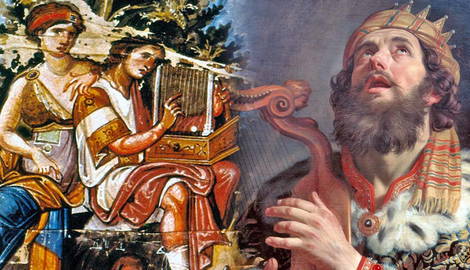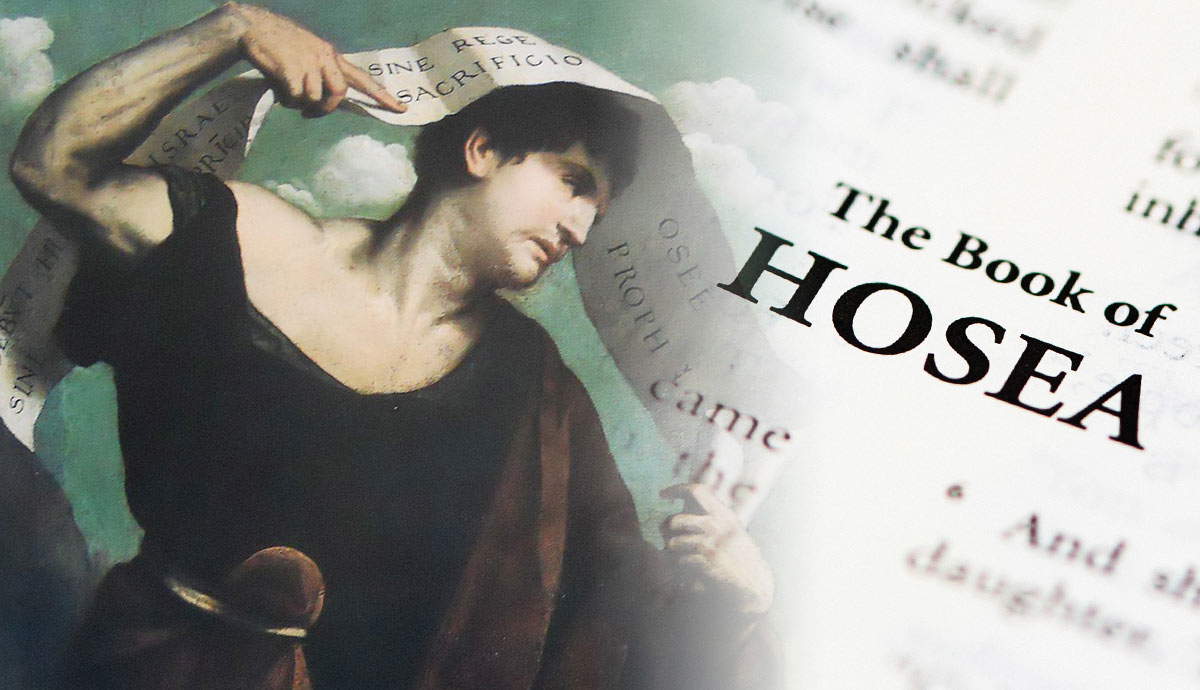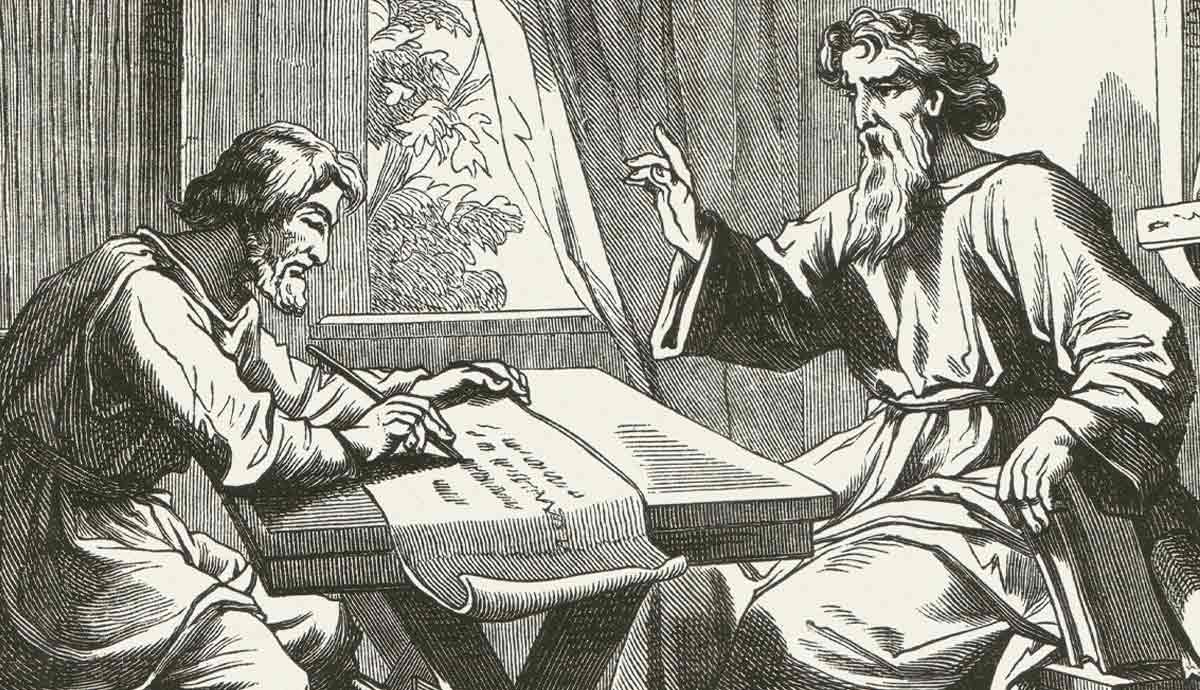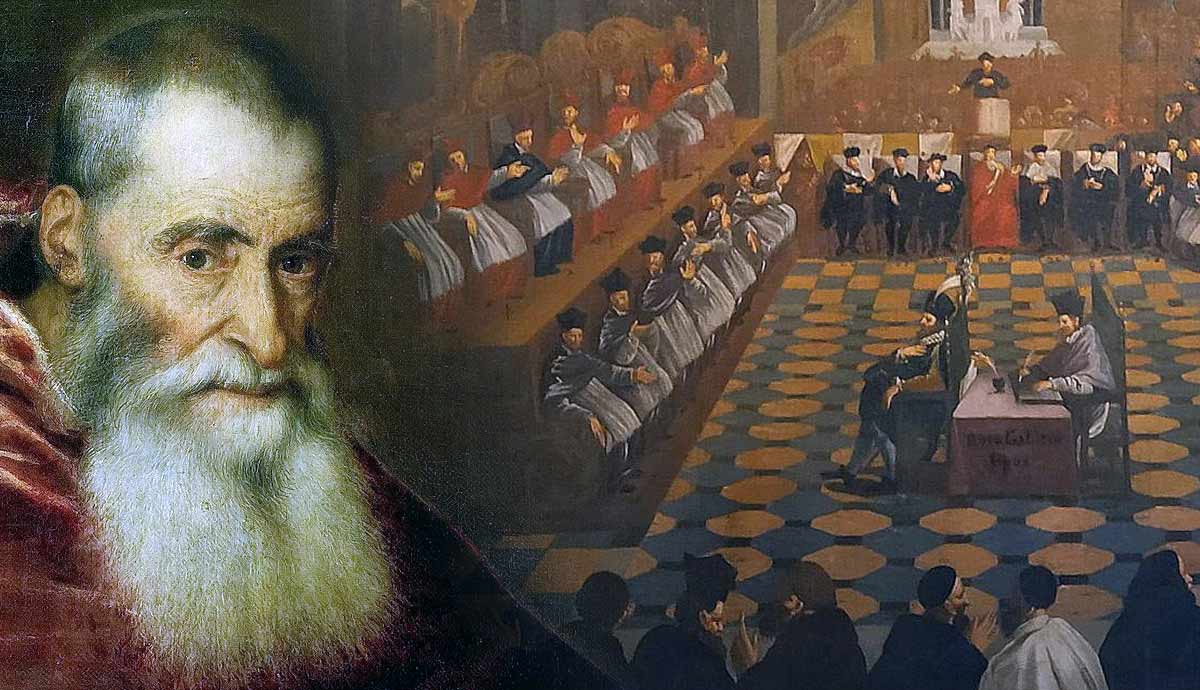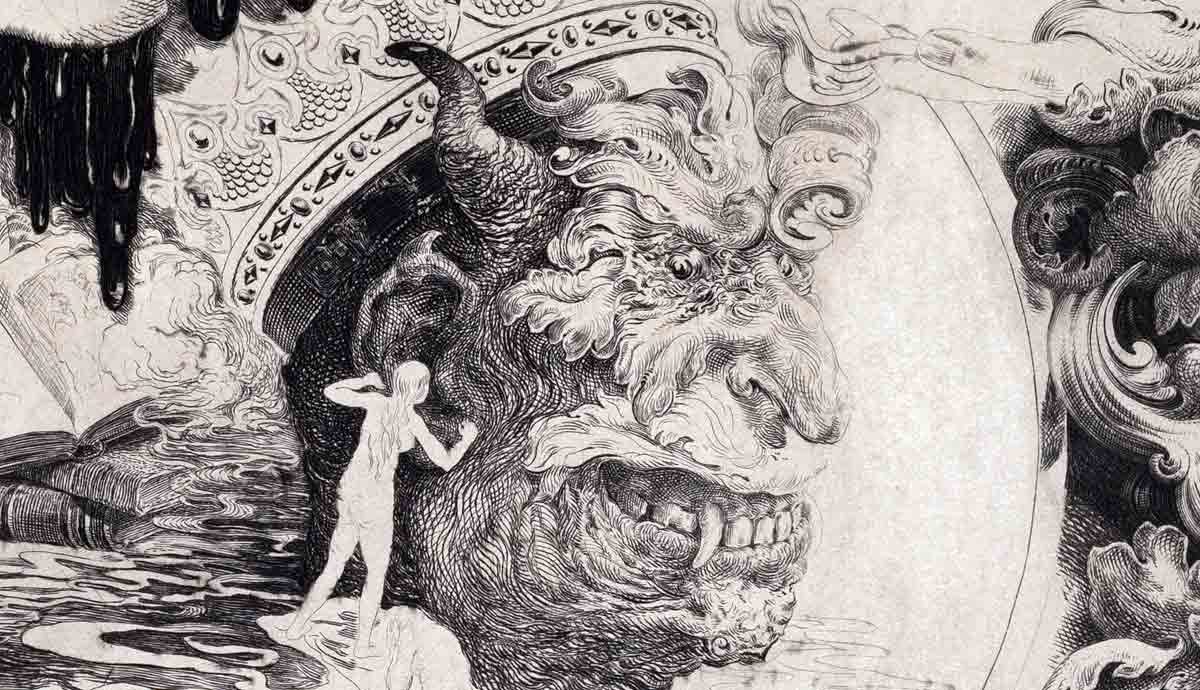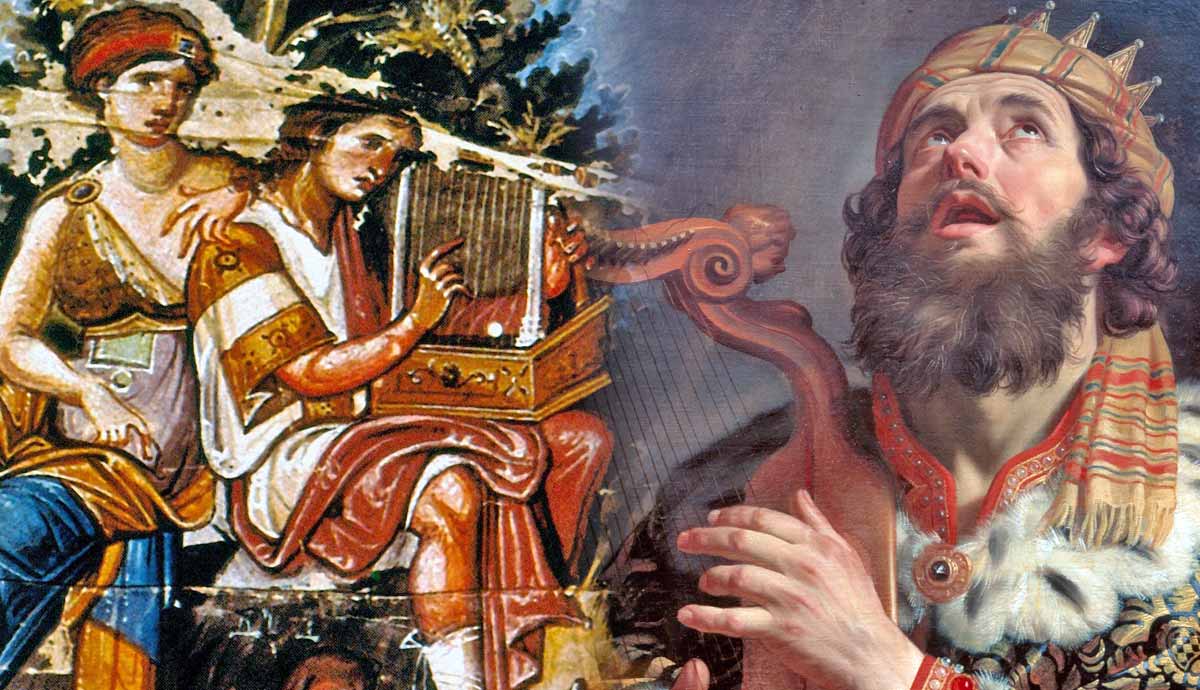
Scholars date the final compilation of the Book of Psalms to somewhere between the 5th and 2nd centuries BCE. It is likely that the process of adding to the earliest collection of psalms happened gradually over several hundred years. It stands to reason that the individual psalms cover a great range of times and contexts.
The Context of the Compilation of the Book of Psalms as a Volume

Some of the psalms may be the oldest written works in the Bible, addressing themes that correlate with the very ancient Book of Job. Psalms 29 and 104, for instance, reflect the style and thought patterns of the Canaanite and Mesopotamian civilizations, indicating that these were ancient literary works. Other psalms claim to have been authored by King David and Asaph. This would imply that some of the psalms date to around 1000 BCE.
Other psalms speak to the joy of the Israelites for returning from exile (Psalm 126), while others seem to reflect Second Temple liturgical practices (Psalms 146–150). They would be dated much later than the Davidic Psalms, to the time of the compilation of the Book of Psalms itself, between the 5th and 2nd century BCE. The context of the compilation of Psalms as a volume is significantly different from the contexts in which the individual psalms were written. We will consider these contexts shortly.
The estimated period of the compilation of the Book of Psalms aligns with the end of the Babylonian Exile and the early Second Temple Era (6th-1st century BCE). Some of the psalms of David, Asaph, and other ancient poems were already in use by then. The compilers added more psalms that resonated with the experiences and circumstances in which the Israelites found themselves. Some were psalms of lament, reflecting the time Israel spent in Babylon, while others were psalms of praise aligning with their return to the Holy Land.

Psalm 19 and Psalm 137 are typical psalms of lament. They reflect the time of exile in Babylon and the exiles longing for their homeland. Psalm 139 is sung as part of the worship service in many churches today. A song based on these two psalms became popular after the German-based disco band, Boney M, had a hit single that reached the top spot on the UK charts and remained there for several weeks (By the Rivers of Babylon).
Psalms 146 to 150 are Hallelujah Psalms. They reflect a time after the return from exile and typically contain words of worship. They have been part of Jewish liturgy ever since, with a call to praise and musical accompaniment. They tend to speak of the works of God and his sovereignty. Contextually, they were the last of the psalms added to the volume of Psalms that make up the biblical canon.
Ancient Psalms

Psalms 29 and 104 are possibly examples of some of the most ancient literary works in the Bible. They address themes and use language reminiscent of the ancient Canaanite and Mesopotamian civilizations.
Psalm 104 mentions Leviathan, a sea monster. This narrative has parallels in ancient cultures which attests to the fact that this psalm stems from a very early date. The psalm is not ascribed to any author and was possibly written in a similar period to the Book of Job. Job also references Leviathan in chapters three and 41.
When Psalm 29 reflects on God in terms associated with a thunderstorm, it correlates strongly with typical storm-god narratives from Canaan and Mesopotamia. It indicates the ancient origins of the psalm’s themes, although the text itself ascribes it to David.
Similarly, Psalm 74 also refers to Leviathan. Again, it establishes a connection with other ancient cultures. According to the first verse, Asaph, a contemporary of King David, wrote this psalm. It may be that David and Asaph reworked existing psalms circulating among the Israelites for many years, keeping to ancient themes. The Israelites then attributed these psalms to them.
Psalms of Asaph

Asaph was the chief musician and a leader of the Levitical singers appointed to minister before the Ark of the Covenant during the reign of King David (1 Chronicles 16:4-5). Asaph may have authored Psalm 50 and Psalms 73 to 83. Asaph addressed several of his psalms to the chief musician. It indicates that they were for use during worship. Though Asaph lived at a time when Israel worshipped at the Tabernacle, Israelites used his psalms in the First and Second Temple Periods.
The psalms by Asaph include some that lament the situation Israel experienced at the time. Some scholars argue that psalms attributed to Asaph, such as Psalms 74 and 79, could not have been authored by the Asaph. These two psalms seem to reflect on the destruction of the Temple and Jerusalem, which therefore dates them to the time of the Babylonian Exile.
Editors may have attributed psalms to people who did not write them long after the claimed author(s) passed. It would account for psalms attributed to people whose context and lifetime were irreconcilable with the context of the psalm. Similarities in theme, content, or style could trigger a perceived link to psalms written by the relevant author(s).
Psalms of David

Arguably the most famous of the psalms are those by David. Though scholars have not reached a consensus on whether the psalms attributed to David were all written by him, he is said to have written most of the psalms; 73 psalms carry his name.
Psalms by David cover his whole lifespan. David supposedly authored some while he was a shepherd boy, long before he became king. Others date to the time David fled from Saul, and later psalms date to his reign. His psalms reflect the situations he found himself in. Psalm 30 expresses David’s joy and thanksgiving with the dedication of the Temple. In Psalm 8, David gives expression to the awe at the creation by God. In some psalms, David laments what he was going through, such as fleeing from his son Absalom (Psalm 3). In one of the most touching psalms by David, he expresses his remorse for his sin with Bathsheba and for having her husband, Uriah, killed (Psalm 51).
The Davidic Psalms cover many themes, and readers will find several that they can relate to from their own experiences. The Davidic Psalms provide an insight into the historical context of his day. They may highlight his personal experiences and feelings in those situations.
Psalms by Korah

The sons of Korah authored Psalms 42-49, 84-85, and 87-88. They were a group of Levites who presumably served as singers and musicians in the Temple. The themes they address cover a range of topics from laments to praise, and from longing for the presence of God to expressions of trust in God. Their composition reflects the challenges and triumphs experienced by the Israelite community, including periods of exile, restoration, and renewal.
Anonymous Psalms

Several psalms in the Bible are not attributed to any author. The content of these psalms often leaves clues to the setting and context of the psalm, such as exile in Psalm 137. Other psalms, like Psalm 1, contain words of wisdom and are universally applicable. The lack of context seems to reinforce its universality. Psalm 100 is an excellent example of an anonymous psalm of praise, timeless and applicable to all believers who share that experience of God’s goodness.
Conclusion

The compilers of the Book of Psalms completed their work after the exile in the Second Temple Period. During this time, they added psalms that speak to the experience of Israel in exile and their joy at returning to the Holy Land to an existing body of psalms used in worship.
Some psalms show signs of ancient origins. In some instances, these psalms are attributed to authors who have edited them. These ancient psalms reflect ancient Canaanite and Mesopotamian thought and practice.
The psalms by the sons of Korah and by Asaph tend to have Israelite worship in mind as both were associated with music in the Israelite religious context. They cover a wide range of themes, from praise to lament. Some authors addressed their psalms to music leaders. These authors intended that their work form part of the liturgy.
According to tradition, David contributed most of the psalms contained in the book. His contributions cover all parts of his life, from shepherd boy to king. His psalms address many topics, from lament to praise and awe at God’s creation.
The attribution of many psalms is doubtful since the content of some psalms does not seem to align with the time and context of the author. It may be due to editing of older psalms, while other psalms may have been incorrectly attributed to an author at a later stage.
